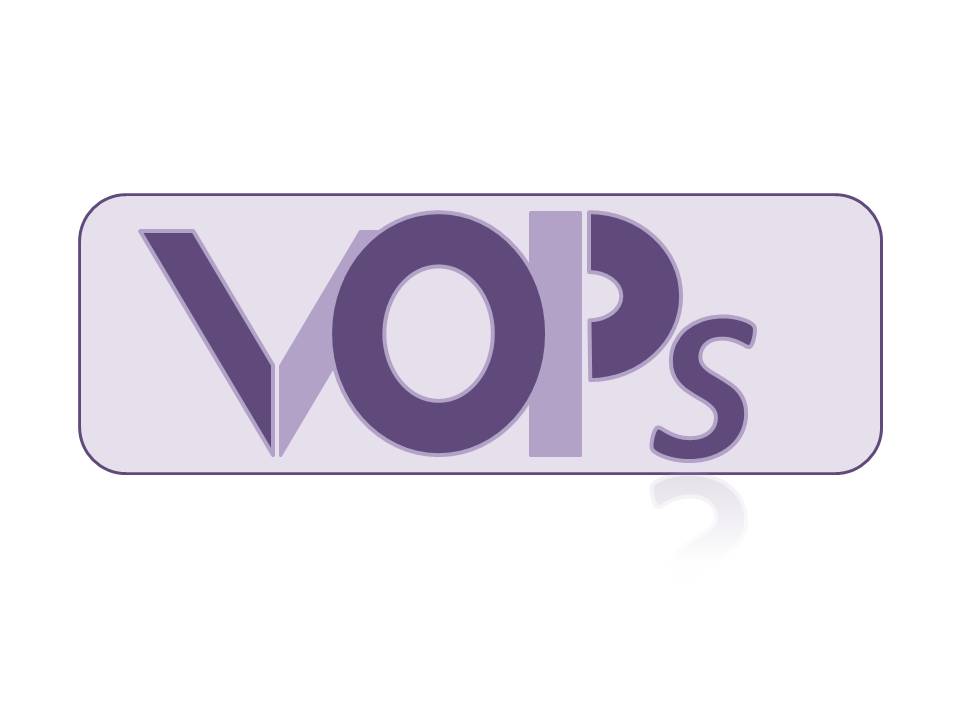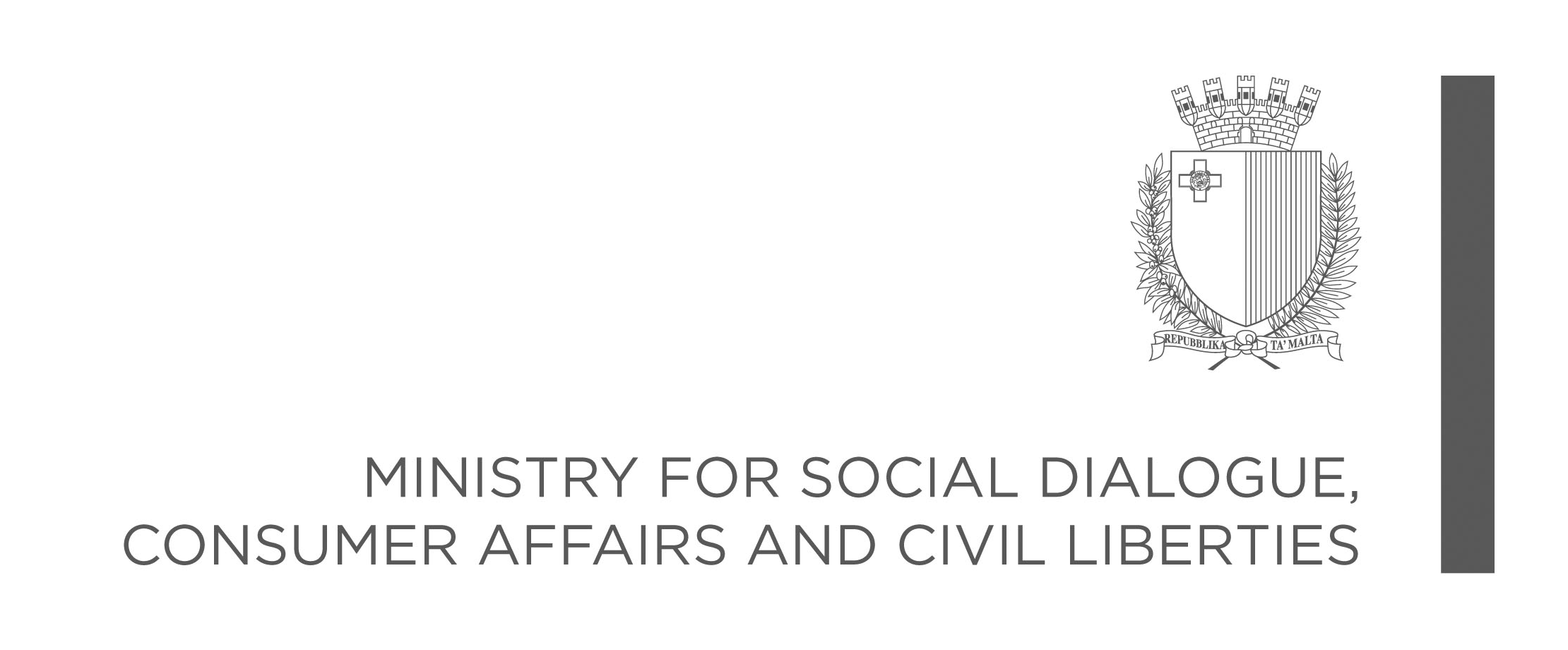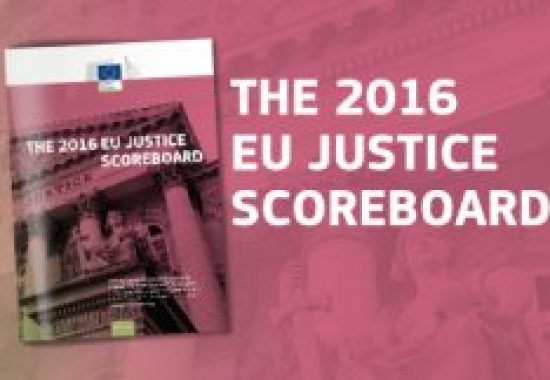The EU Justice Scoreboard – 2016, released by the European Commission provides data on the quality, independence and efficiency of civil, commercial and administrative justice systems in all EU Member States. The scoreboard exists as a part of an open dialogue with Member States which aims to help achieve more effective justice systems. 2016 sees the release of the fourth edition of the EU Justice Scoreboard, which contains new quality indicators on factors such as general standards, training and legal aid.
Overall, Malta scores relatively low on indicators relating to efficiency due to lengthy proceedings, although this has improved over the last 5 years. Regarding the quality of its justice system, Malta generally performs extremely poorly when assessed on the accessibility of justice, especially regarding legal aid and media communication. However, there are some promising scores linked to the use of ICT in the judicial system as a means of improving accessibility and efficiency. A major weakness identified for Malta relates to the resources allocated to justice, with legal aid and training for judges receiving some of the lowest scores in the EU.
The standards which exist in Malta by which to measure justice are fairly comprehensive, with only a few gaps. Gender diversity in the judicial system is flagged as an issue for Malta in both a lack of standards on gender diversity and in a lack of female judges. The independence of the judiciary in Malta is only perceived to be good by around half of the population, but has a far more positive perception among businesses.
Efficiency of the Justice System
Timeliness is essential to the smooth running of a judicial system, and is used by the Scoreboard as an indicator of efficiency. Malta has improved since 2010, when, with an estimated time of over 800 days to resolve a case in court, length of proceedings were ranked second longest in the EU after Portugal. The most recent figures from 2014 show the average number of days to resolve a case in court down to just below 600, which, although an improvement, remains by far one of the longest periods in the EU.
Another indicator of efficiency is the number of cases pending, which expresses the number of cases which remain to be dealt with at the end of a period. Malta scored relatively well on this indicator, with around 2 cases pending per 100 inhabitants throughout 2010-2014, placing it at a similar level to the 12 best performing Member States.
Quality of the Justice System
The quality of justice systems is measured in the Scoreboard by focusing on: the accessibility of justice for citizens and businesses; adequate material and human resources; putting in place assessment tools; and using quality standards.
As an indicator of accessibility, the Scoreboard rates the availability of information online about the judicial system for the general public, with the highest score being 5/5, awarded to 17 Member States. Malta, among the lowest scoring Member States is awarded a score of 3/5, with gaps in information available online relating to starting a proceeding and the costs of proceedings.
Another indicator of accessibility to justice is legal aid, for which Malta scores the 3rd lowest out of the 27 Member States represented. According to the Scoreboard, the amount of annual public budget allocated to legal aid in Malta between 2010 and 2014 is barely above €0 per inhabitant, with the highest figure in the EU found in The Netherlands, at just under €30 per inhabitant.
The use of ICT systems in courts is also viewed as an indicator of accessibility of justice, as well as a way to reduce delays and costs. With the facilities for electronic submissions by lawyers available in just 25% of courts, Malta is among a third of Member States which have electronic submissions available in some courts. Malta fared far better on the indicators of submissions of small claims online, electronic communications in court and the availability of judgments online– achieving the highest possible score for all three.
However, in terms of media communications as an indication of accessibility to justice, Malta was awarded the lowest possible score of 1/7, due to a lack of any allocated official in charge of explaining judicial decisions to the media – unlike 14 other Member States which have such an official in all instances and therefore scored 7/7.
The Scoreboard presents resources as necessary to the effective functioning and quality of the justice system. The annual budget spent on law courts in Malta between 2010-2014 places it in the middle of the spectrum relative to other Member States. However, in terms of human resources, the amount spent on judges is the 3rd lowest of the 27 Member States, and Malta is one of just 4 Member States which does not have any compulsory training for judges.
The nature of training available for judges in Malta is significantly more limited than in most Member States, with a complete absence of continuous training on judicial ethics, court management, IT skills or press communication.
The Scoreboard also illustrates the proportion of female judges, which in Malta is around 45 % in the first instance, just over 10% in the second instance, and nearly 30% in the Supreme Court, which overall makes it one of the worst performing Member State in terms of gender balance.
The Scoreboard highlights that tools to assess the functioning of courts are essential for improving the quality of justice systems and may take the form of monitoring and evaluation of court activities through ICT and surveys. Malta received a score of 4/7 on monitoring and evaluation activities, which cover: an annual report; time frames; postponed cases; and performance and quality indicators, but lack a regular evaluation system and specialised staff.
On the use of ICT for court activity statistics, Malta achieved the highest possible score along with just over half of the Member States. Malta is one of 11 Member States which is reported not to have carried out any surveys in 2014.
Standards can drive up the quality of justice systems, and in 2015 the European Commission began working with contact persons within the Member States on the standards relating the functioning of justice system. Whilst Malta has standards set within most of the defined areas, there are some gaps in standards, most notably in the active monitoring of case progress and the workload of the courts.
Independence of the Judiciary
The final area reported in the Scoreboard is judicial independence, which is a requirement stemming from the right to an effective remedy enshrined in the Charter of Fundamental Rights of the EU. In addition to information about perceived judicial independence, the Scoreboard shows how justice systems are organised to protect judicial independence in certain types of situation where independence could be at risk.
The perception of the independence of the judiciary by the public is represented, and in Malta is perceived to be ‘very good’ or ‘fairly good’ by nearly half of the general public. Around 20% of the general public perceive the level of independence to be ‘fairly bad’, 10% as ‘very bad’ and the remaining 20% do not know. Among businesses, 65% believe the independence of the judiciary to be ‘fairly good’, 5% ‘very good’ and nearly 30% perceive it as ‘fairly bad’ or ‘very bad’.
The Scoreboard also presents a range of indicators of structural independence, including safeguards of the transfer of judges without their consent. Malta has one of the highest number of possible situations in which a judge can be removed, however, unlike around one third of other Member States, no such removals took place in 2014. Malta scores well on the allocation of cases in order to ensure impartiality, with all cases allocated at random or according to a set criteria.
Research carried out by Lara Farrell
For more information contact Carla Camilleri
Further reading:
European Commission Justice Scoreboard results welcomed, Times of Malta, 11 April, 2016
Malta best in Europe in terms of gender balance among judiciary in 2014 – Minister Bonnici, The Malta Independent, 11 April, 2016
Length of court proceedings down by 28% in one year, MaltaToday, 11 April, 2016
Quantitative Data figures from the 2016 EU Justice Scoreboard, European Commission, April 2016
Study on the functioning of judicial systems in the EU Member States, European Commission, 16 February, 2015
Final Report of the Commission for the Holistic Reform of the Justice System, 30 November, 2013
![]()




